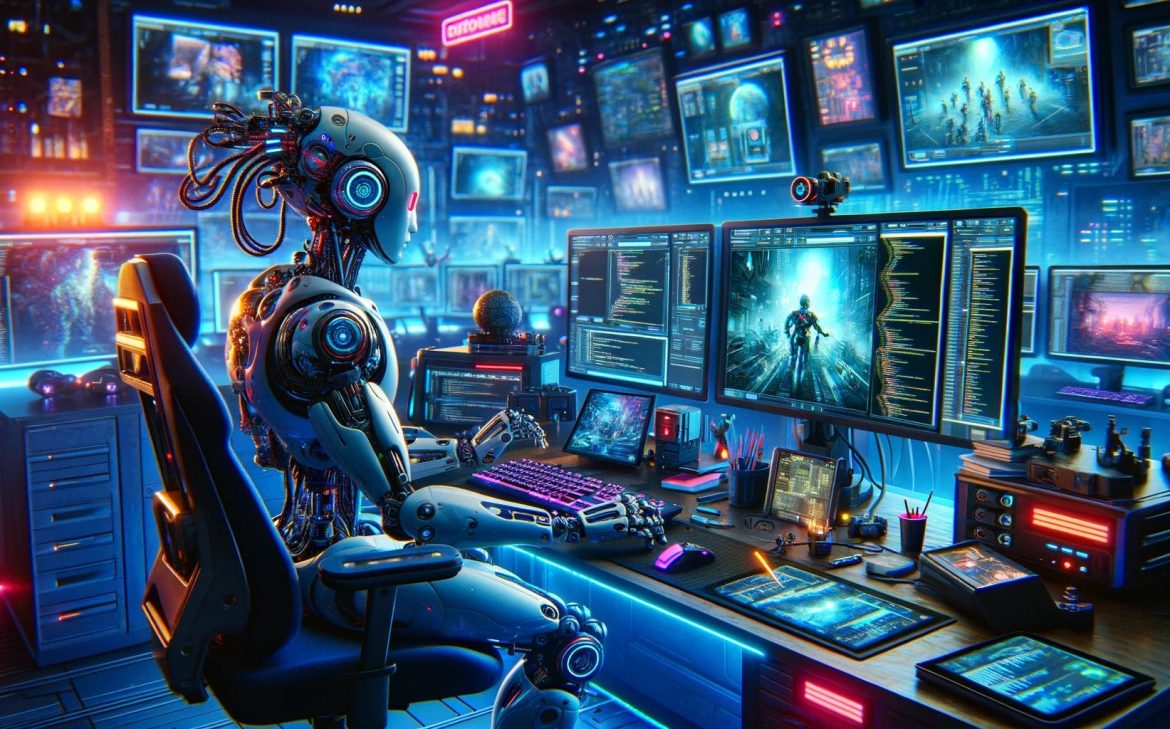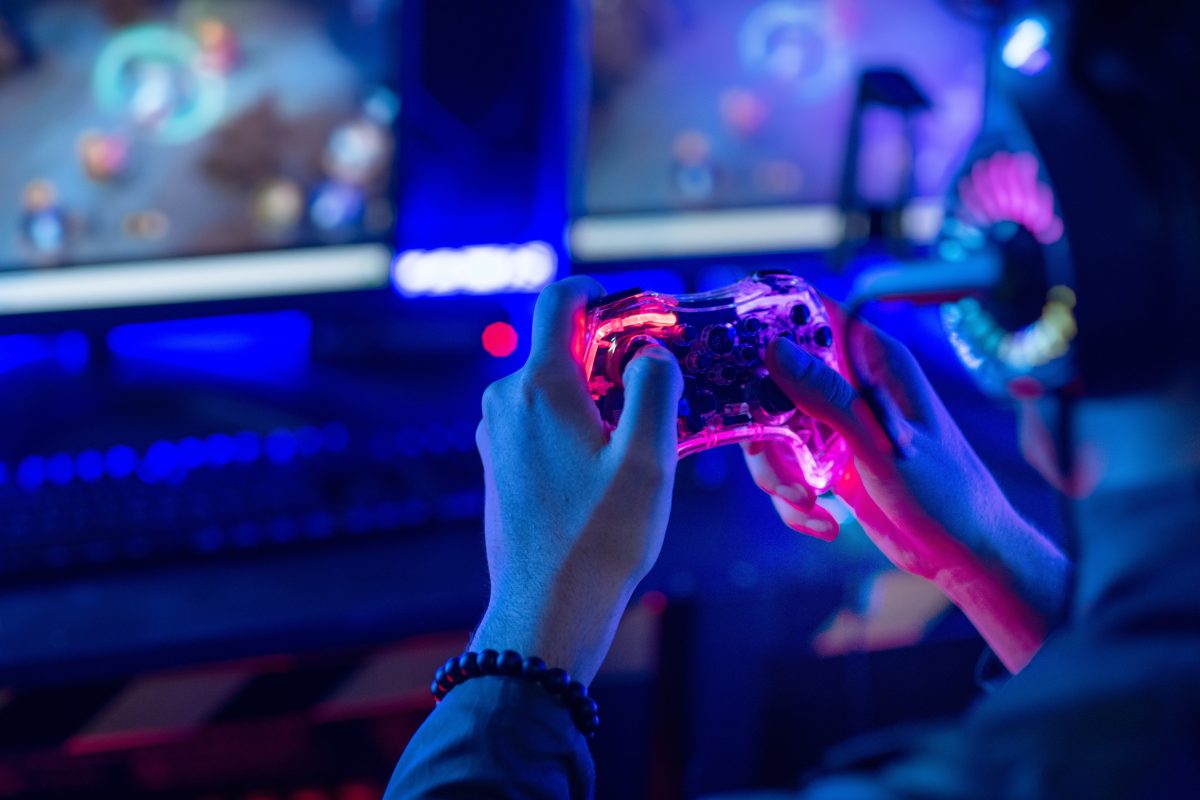Artificial Intelligence (AI) is rapidly transforming the gaming industry, shaping how games are developed, played, and experienced. As AI technologies evolve, they promise to create smarter, more immersive, and more personalized gaming experiences, while also introducing new challenges.
How AI is Shaping the Future of Gaming
AI in gaming goes far beyond basic enemy behavior or automated game mechanics. It now drives complex systems that can adapt to player choices, generate dynamic environments, and even craft personalized storylines, fundamentally changing how we interact with games.
Key Developments in the Future of AI in Gaming
Smarter Non-Playable Characters (NPCs)
AI is making NPCs more intelligent and lifelike. In future games, NPCs may adapt their strategies based on the player’s skill level, remember past interactions, and exhibit emotional responses, creating more realistic and engaging worlds.
Procedural Content Generation
AI can automatically generate game levels, maps, and storylines, offering endless variety and replayability. This allows developers to create expansive worlds without manually designing every detail, making gaming experiences richer and more dynamic.
Personalized Gaming Experiences
AI can analyze a player’s behavior, preferences, and skill level to adjust difficulty, recommend content, or customize story paths in real-time. This personalization ensures that each player experiences the game in a way that is uniquely suited to them.
Enhanced Game Testing and Development
AI-driven testing can quickly identify bugs, predict potential issues, and even simulate player behavior to ensure better quality and faster development cycles. This speeds up the production process and improves overall game stability.
Realistic Graphics and Animations
Machine learning models are being used to create more realistic character movements, facial expressions, and environmental effects. AI can generate smooth, natural animations that enhance visual storytelling and player immersion.
AI-Powered Virtual Companions
Future games may feature AI companions that can genuinely learn, evolve, and emotionally connect with the player over time. These companions can create deeper, story-driven relationships, changing how players experience character-driven narratives.
Challenges in AI-Driven Gaming
While AI holds great promise, it also presents significant challenges:
- Ethical Gameplay: Advanced AI could manipulate player choices or create addictive experiences, raising concerns about responsible game design.
- Data Privacy: Personalized experiences often rely on collecting player data, which must be managed carefully to protect user privacy.
- Balancing AI Complexity: Highly advanced AI systems can make games unpredictable or difficult to balance, potentially frustrating players.
- Job Displacement: Automation through AI in areas like testing or content creation may impact certain roles in the gaming industry.
Conclusion
The future of AI in gaming is incredibly exciting, offering opportunities to build smarter, more responsive, and highly personalized experiences. As AI continues to evolve, it will redefine what’s possible in game development and gameplay. However, navigating ethical considerations, player well-being, and industry impacts will be essential to ensure that AI remains a positive force in the gaming world.







Leave feedback about this